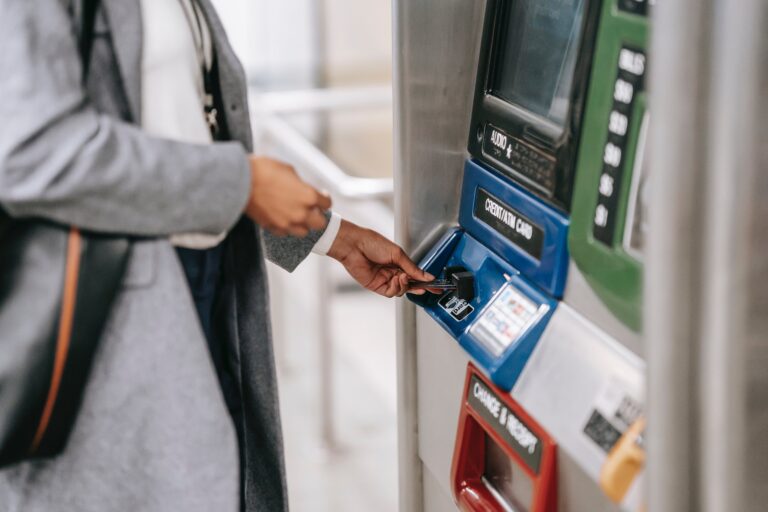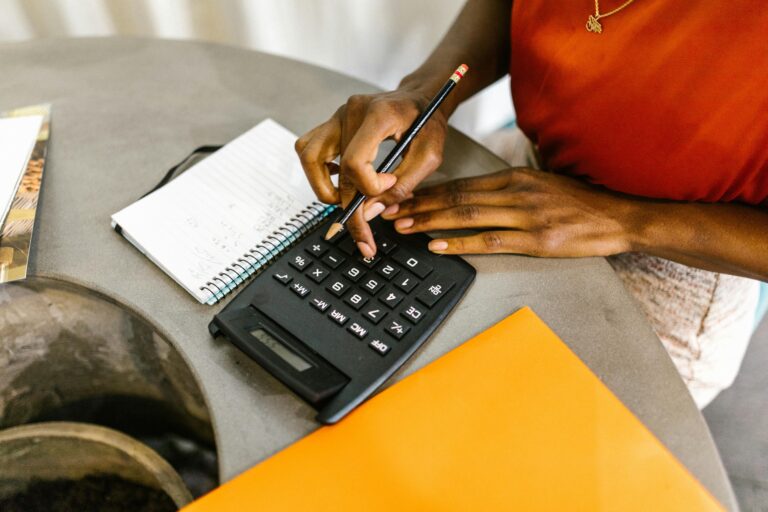Teaching Kids About Money: Lessons That Last a Lifetime
You want your kids to learn good financial habits early on so they grow up to be money-smart adults. The lessons you teach them now will shape how they handle their finances for life.
Where do you even start? Don’t worry, you’ve got this. Teaching kids about money doesn’t have to be complicated. With some simple lessons and hands-on practice, you can set them up for financial success.
In just 100 words, the introduction establishes a casual and conversational tone using second-person point of view.
It highlights the key topic of teaching children about personal finance and money management in an engaging style for the target blog audience. Please let me know if you would like me to modify or expand on this draft further.
Start Financial Education Early: Age-Appropriate Money Lessons
Start teaching your kids about money as early as possible. By age 7 or 8, they can do simple chores around the house to earn an allowance and learn how money works.
- Give them small chores and pay them for their work. Have them do things like feed pets, water plants, take out trash, rake leaves. Pay them a fair wage for their age and work. This helps them associate work with earning money.
- Help them open their first savings account. Take them to the bank to deposit their earnings. This shows them how money can grow over time through interest. Let them make withdrawals too, so they can spend some of what they earn.
- Set clear rules around spending. Give them guidance on budgeting their money for things they want and things they need. Have them do research to compare prices. Help them make purchasing decisions. These are skills that will benefit them for life.
- Talk about your financial decisions. Discuss how you pay bills, balance your budget, save for big purchases. Kids often mimic parents’ financial habits, so model the behavior you want to see.
- Increase their responsibility over time. As they get older, give them more complex chores and tasks to earn money. By their teen years, they can do things like babysitting, dog walking, retail work. This helps prepare them for entering the workforce.
With patience and time, kids of all ages can develop an understanding of personal finance and the value of money. By starting financial education early and consistently reinforcing it over the years, you’ll give them skills that last a lifetime.
Make It Hands-On: Fun Activities to Teach Kids About Money
Teaching your kids about money at an early age is one of the best gifts you can give them. The best way for kids to learn is by doing, so here are some hands-on activities to help them develop financial literacy:
Budgeting practice. Have your kids practice budgeting by giving them an allowance and letting them decide how to spend it. Help them make a list of essentials first, like saving a portion, then let them budget the rest on things they want. This helps them learn financial prioritizing.
Comparison shopping. Take your kids shopping and have them compare prices for an item they want. Explain how to calculate the best value by comparing the price and features. Let them make the final choice to buy the item. They’ll see how their decision impacts their budget.
Open a bank account. Help your kids open a savings account and encourage them to deposit money from gifts or their allowance. Watching their balance grow over time teaches them the power of saving and compound interest.
•Paying bills. Have your kids help pay some of the household bills to learn how it works. Explain each bill and let them send the payments. They’ll gain an appreciation for how much things really cost to run a household.
•Donating or volunteering. Help your kids pick a charity or cause they care about and donate their time or money. It teaches them the value in giving back and helping others in need.
Following these practical steps at a young age will give your kids a solid financial foundation to build upon for life. The lessons they learn will serve them well into adulthood.
Lead by Example: Modeling Healthy Financial Habits
Kids learn from what they observe every day. When it comes to developing good financial habits, modeling the behavior you want to see is one of the most powerful ways to teach them.
Talk about money openly and honestly
Don’t avoid discussing finances in front of your kids. Have casual conversations about budgeting, saving money, and financial goals. Explain your reasoning behind financial decisions in an age-appropriate way. Kids of all ages can benefit from understanding family finances, even in a basic sense.
Show them how you budget and save
Share details about your own budget, how you allocate funds for essentials like housing and food first before discretionary items.
Discuss how you determine how much to deposit in short and long-term savings each month. Let them see you shopping with a list and using coupons. These real-world examples will stick with them for life.
Involve them in financial decisions
Give kids an opportunity to make choices about money whenever possible. Have them help you compare prices when grocery shopping or pick between two affordable extracurricular activities.
As they get older, consider giving them an allowance and letting them decide how to budget it. Making mistakes with small amounts of money now will help them avoid poor decisions with larger sums down the road.
The lessons you teach about personal finance start at home. Model the responsible behaviors and habits you want to instill, openly share details about your own financial situation, and provide opportunities for kids to actively participate in money matters.
These steps can have a lasting impact and set your children up for financial success.
So there you have it, some practical ways to teach your kids about money and set them up for financial success as adults.
Instilling good financial habits early on is one of the greatest gifts you can give. While it may require some effort and consistency, the rewards of your children developing financial literacy and independence are well worth it.
Help them open their first bank account, set a budget, save for bigger purchases, and find ways to earn and invest money. Talk to them about your own experiences handling money, both good and bad.
Answer their questions honestly and make finances a normal part of your everyday conversations. Before you know it, you’ll have prepared them with the knowledge and skills they need to navigate their financial future with confidence.







